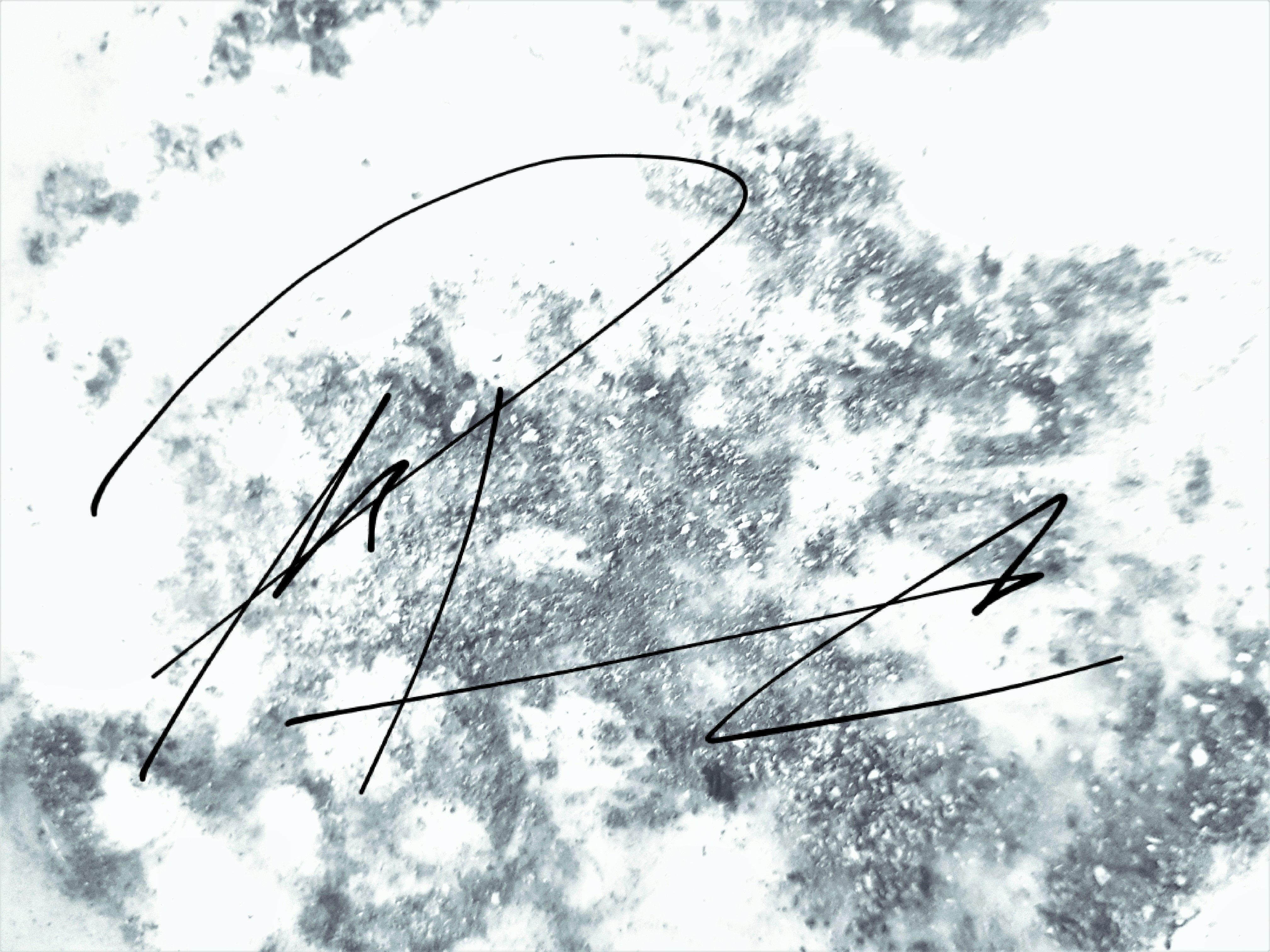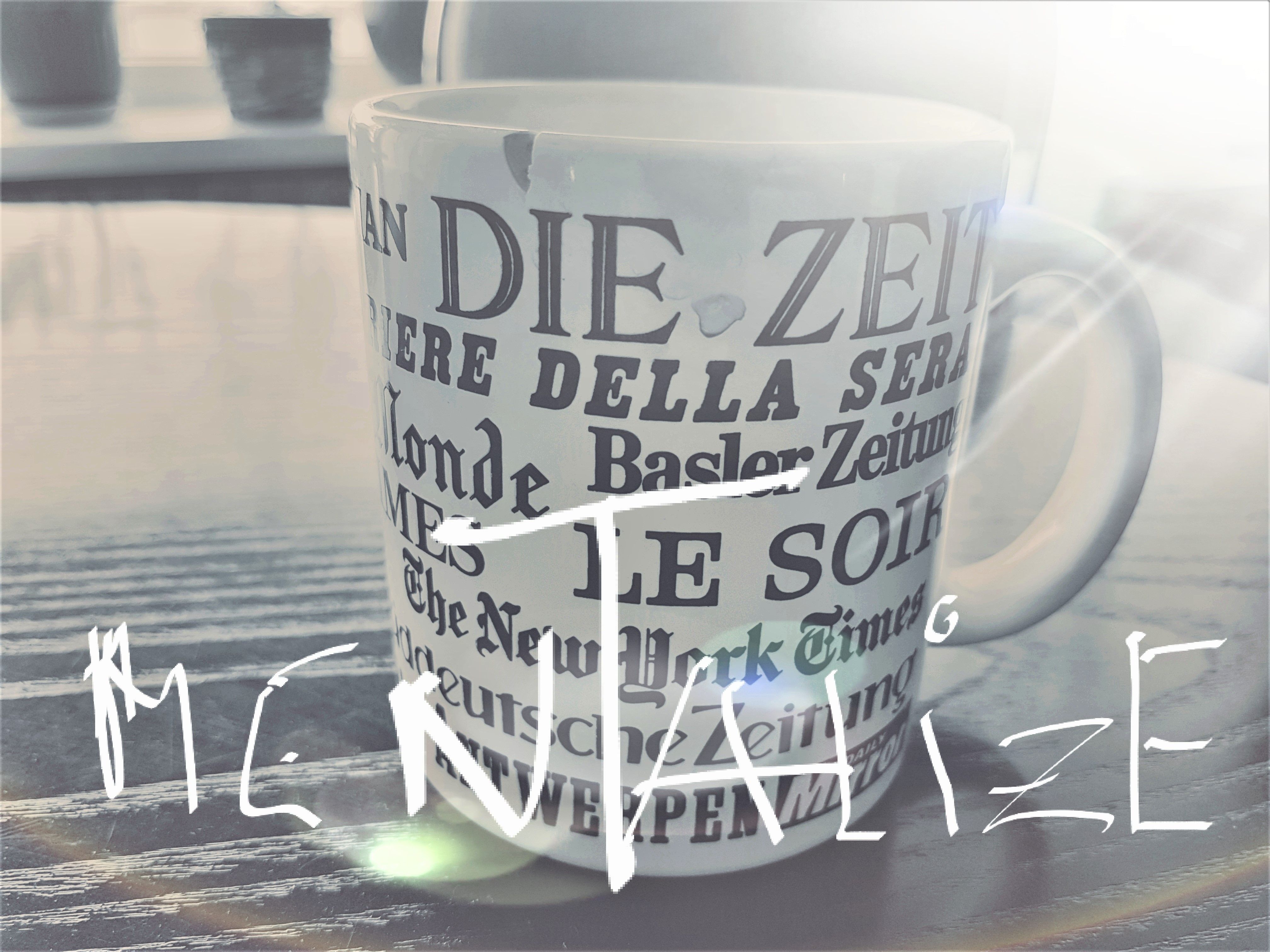
Any era has it's specific psychic deviances and problems. For example, in Freudian era hysterical symptoms were much more recognized than these days. Our era, on the other hand, is marked by bipolar disorder, earlier known as manic depressive psychosis. According to certain scientific data, the occurrence of new diagnosed bipolar patients has increased from 1 to 5 % in overall population. Certain phenomena, subjectively, are not so easy to distinguish,like feelings of self-confidence, self-awareness, and life joy with need for triumphalism, and aggressive behavior towards others and on their accounts. It seems that two thirds of people affected with the bipolar disorder are not heavily affected on their professional level and their lives are still productive and fulfilled. We live in days of rapid changes, great amplitudes of highs and lows, as in personal so in professional life. This is the era of spectacle, hedonism, performances, hyperactivity, multiple role playing, euphorias and tragedies related to war, terrorism and climate changes. All this factors somehow resemble to collective mania and bipolar life scenery. Considering this, it's not easy to draw the line between the bipolar disorder and normal lifestyle. Certain authors call it "the manic culture". [Stein, 2011]
The manic culture
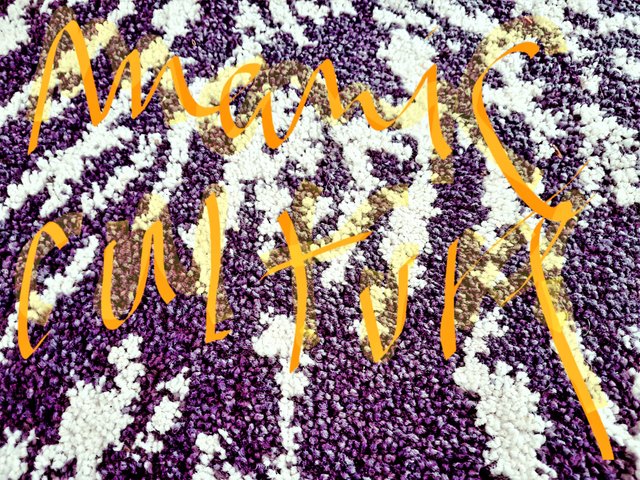
Manic psychoculture lays on unrealistic, grandiose - positive cognition. Basic belief that we are super OK, better than other. Most honest, capable and strongest , [read] megalomanic reflections and proneness of underrating danger. High affect yearns hedonism. Acceleration of life rhythm leads to hyperthimia, hyperactivity, hyper-production and spectacle, often followed by irrational, risky and aggressive behavior. According to Peltz (2005.), manic defenses are the answer to deficiency of political system that would guarantee fulfillment of basic human needs.
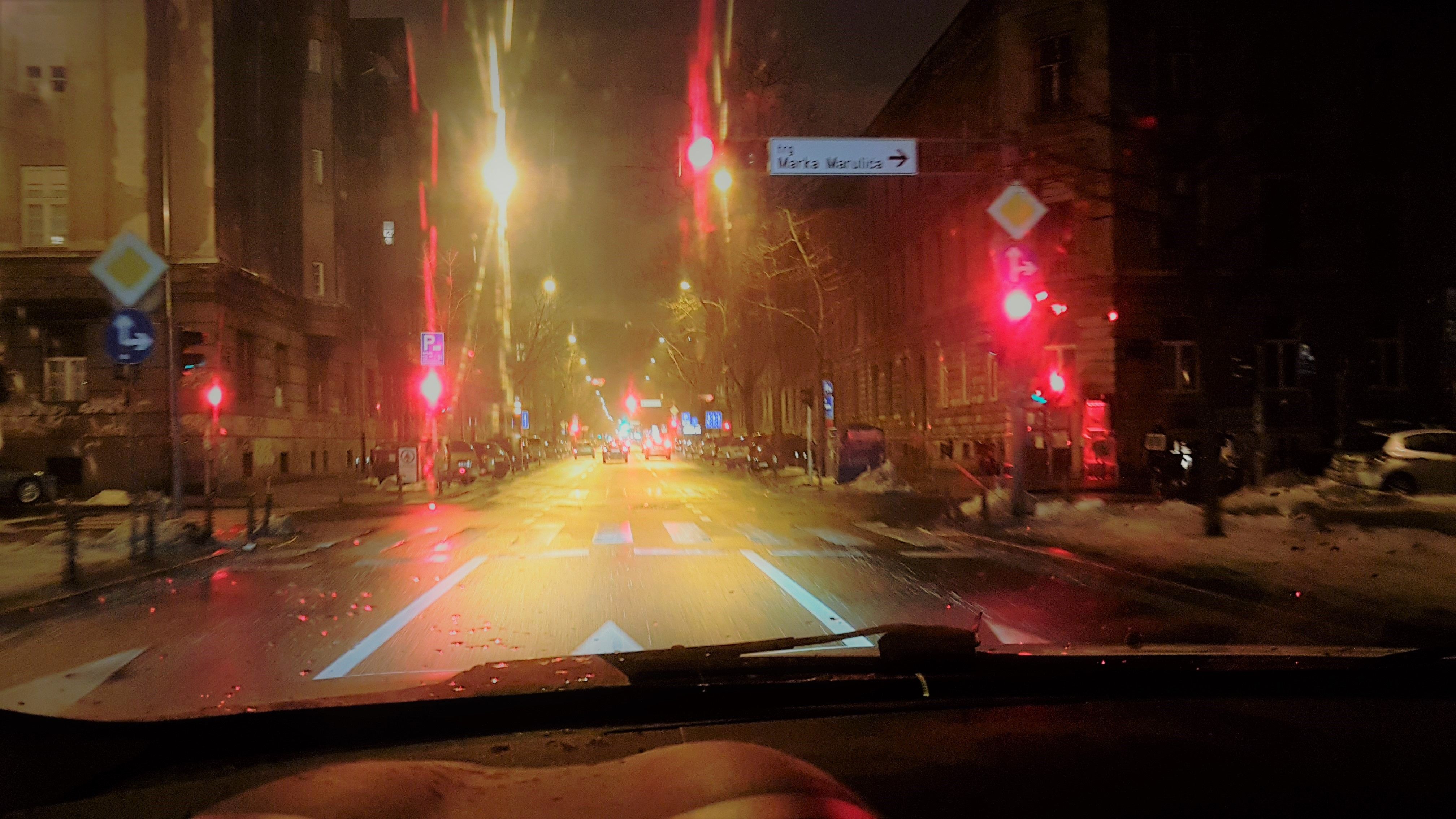
Manic defenses, denial and an escape to hyperactivity and omnipotence secures the "no-guilt" state of mind. An escape from emptiness, responsibility and truth. This can be related with the collapse of {the social welfare concept} and disappearance of vision about socially fair future. The one that lies on the basis of "good enough" social supply required for basic human needs. To be manic also means to be free of fear, uncertainty and insecurity, as it helps overcome the betrayal of expectations, feelings of guilt, shame and depression. In some extreme social conditions mania becomes the only way out. The guilt, according to Altman (2010.), the most common emotion related with awareness of betraying eigenvalues. Or more specific, the guilt, according to this author, is often related with awareness that someone has done something wrong to someone he cares for. The possibility to tolerate the feeling of depressive guilt come from feelings of responsibility for the damage. Whether it was real or fantasized, it came from destructive urges, hidden deep, somewhere in the core of all people.
Economy crisis in 2018

According to Stein (2011.), "the manic culture" was the one that lead to the credit crisis and the collapse of world economy in 2008. High price for the triumphal feelings burning through the western world, following the bloody crash of communism. Denial is a psychological defense mechanism used by ego in order to overcome vulnerability and problems that come along the way. On the other hand, it tends to oversee some warnings and red flags. In manic culture warning sings are taken for granted and often ignored. Omnipotence is the feeling of unlimited power and day to day crisis are perceived as provocations and challenges of the core belief in superiority. Leaders and other members of manic culture are not aware of true motivation that move their actions, nor of the dynamic way it affects their behavior. The omnipotence is closely related to triumphalism and cravings of superiority over other cultures and individuals as well as grandiose celebrations of victories and accomplishments. Excessive demonstration of power. All To defend against profound feelings of vulnerability.
"Over consumption syndrome"
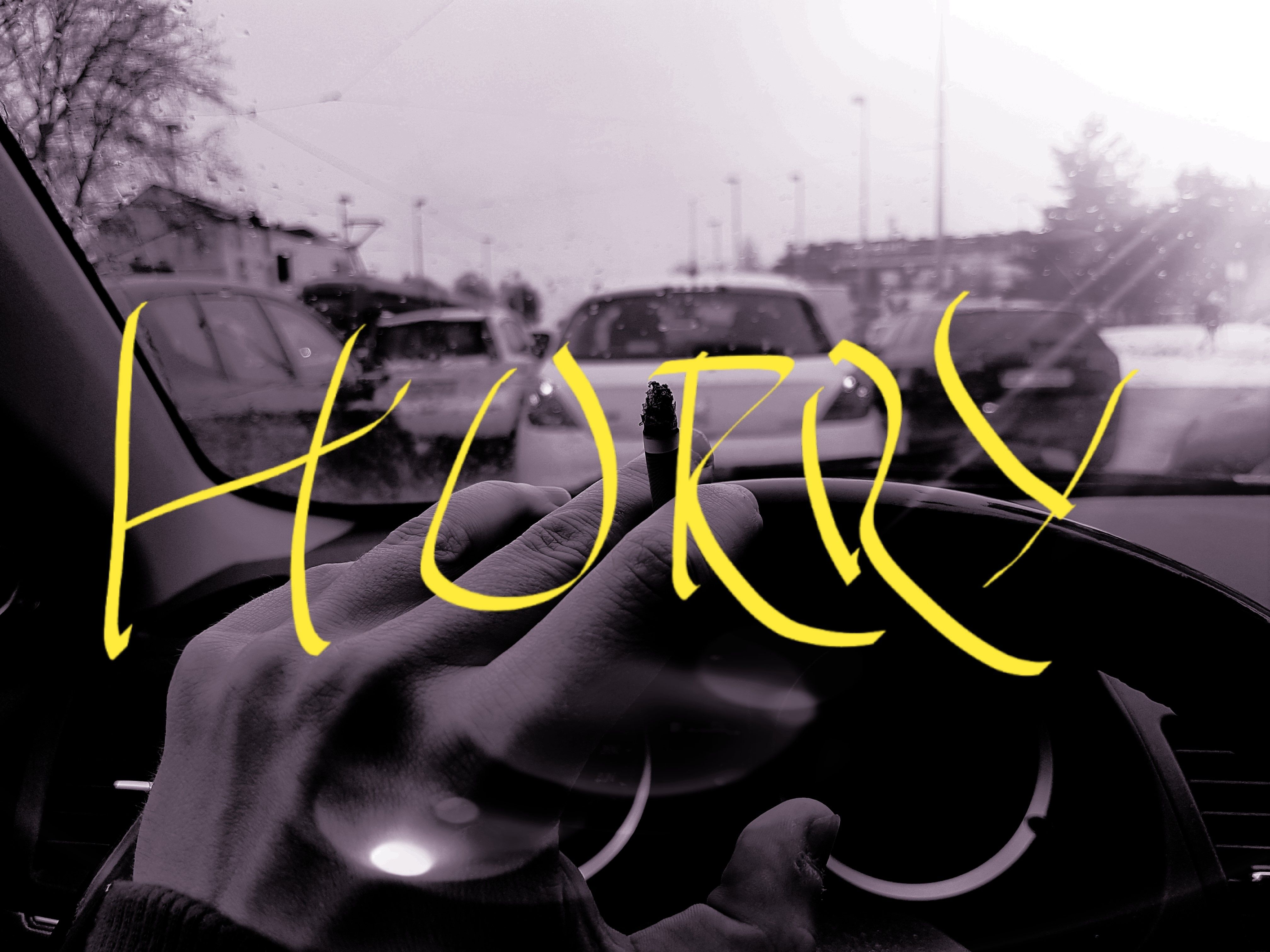
Over consumption syndrome, as authors of this book named the excessive shopping, is also one of many forms of socially acceptable manic efforts in function of avoiding existential anxiety and emptiness that hurts. The massive phenomenon of "empty self". So many people that don't have a clue what to do with their lives. Many of them visit shopping malls, not in need to buy stuff. Their drive is unconscious seek for compensation, lost satisfaction and pleasure. Like some kind of unconscious auto cathartic psychotherapy that becomes even bigger problem over time, instead of a solution. Over consumption syndrome has it ground in abstaining the virtue of pleasure postponement and patience. In this new hierarchy of social virtues, the price of novelties rose up beyond the price of permanence in context of fast and elusive transience.
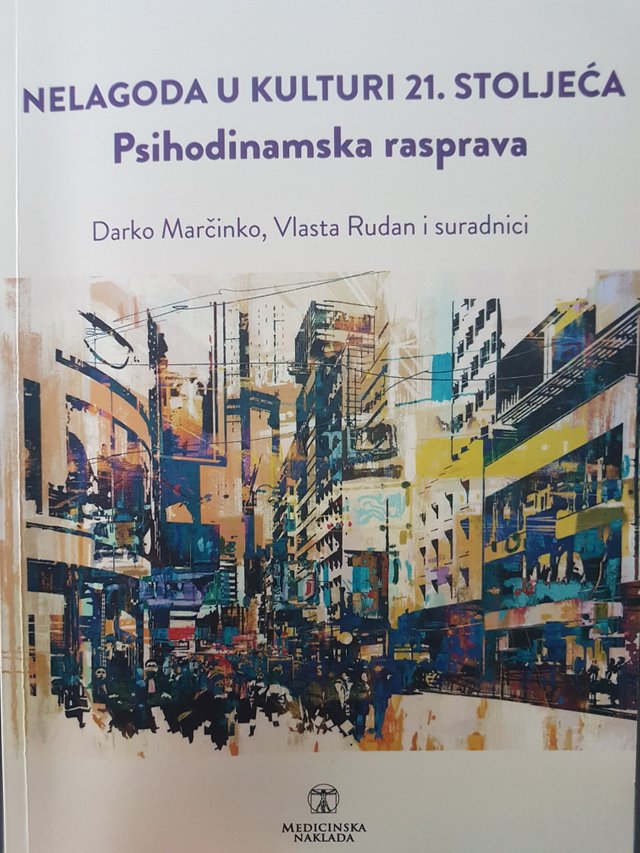
My free translation of the book would be: Cultural discomfort in 21st century, psychodynamic discussion, by psychiatry professors and psychotherapists Darko Marčinko and Vlasta Rudan. This essay is my interpretation of an interesting chapter form the book above.
Cheers my dear STEEMEES!!!
